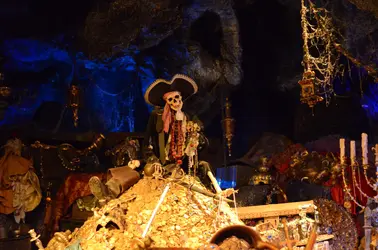goodguy
Been spending a lot of time on here!
- Joined
- Dec 5, 2012
- Messages
- 5,555
- Reaction score
- 1,121
- Location
- Toronto Canada
- Can others edit my Photos
- Photos OK to edit
I guess it depends how much of a pixel peeper you are.
I used my camera a lot in Chicago at night, my ISO was most of the time on 3200ISO and few times on 6400ISO, this was the test and for me and my D7000 passed with flying colours.
I was very happy with it in 3200ISO and even the 6400ISO were very impressive (even though usually I will try not to go above 3200ISO).
I am sure the D600 will be an improvement in this department and that's why in the future when I am ready to upgrade my D7000 I will go full frame.
I used my camera a lot in Chicago at night, my ISO was most of the time on 3200ISO and few times on 6400ISO, this was the test and for me and my D7000 passed with flying colours.
I was very happy with it in 3200ISO and even the 6400ISO were very impressive (even though usually I will try not to go above 3200ISO).
I am sure the D600 will be an improvement in this department and that's why in the future when I am ready to upgrade my D7000 I will go full frame.







![[No title]](/data/xfmg/thumbnail/30/30993-7c6dca4375064e92f2ea6cbfabf9b59e.jpg?1734159063)



![[No title]](/data/xfmg/thumbnail/39/39443-45e1b162b6c7c1d8ebbc8faf5623b705.jpg?1734173533)

![[No title]](/data/xfmg/thumbnail/39/39448-28e9a5e96080f7edcaf8e4226d8a0a6c.jpg?1734173539)

